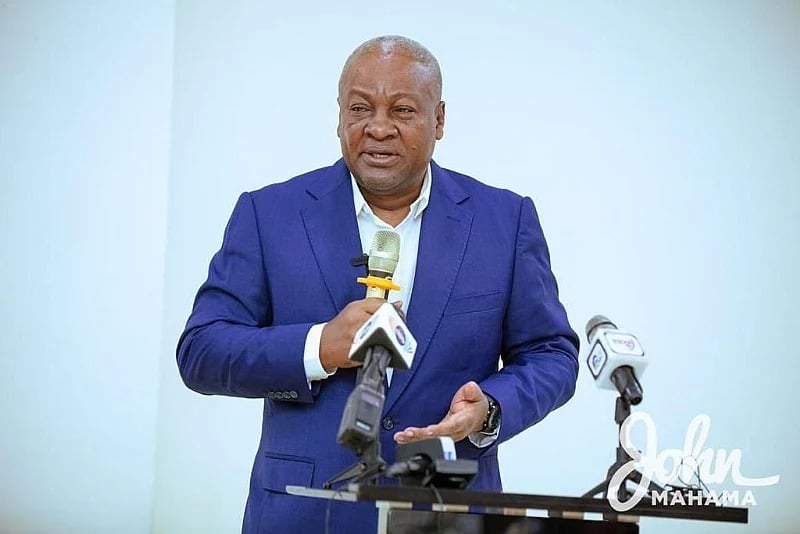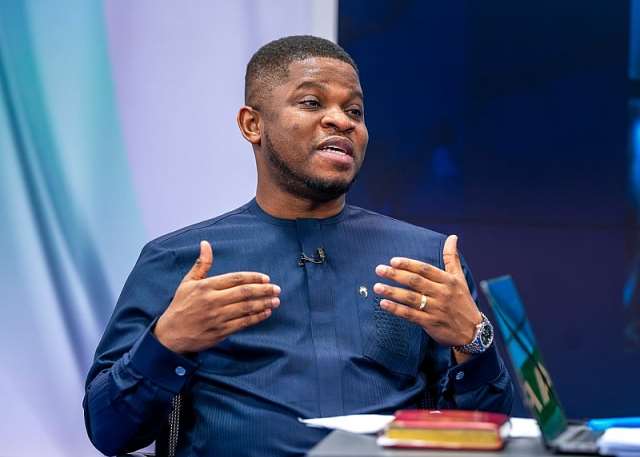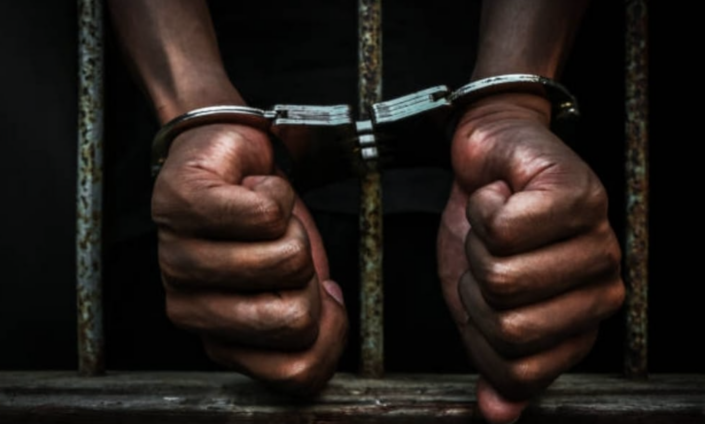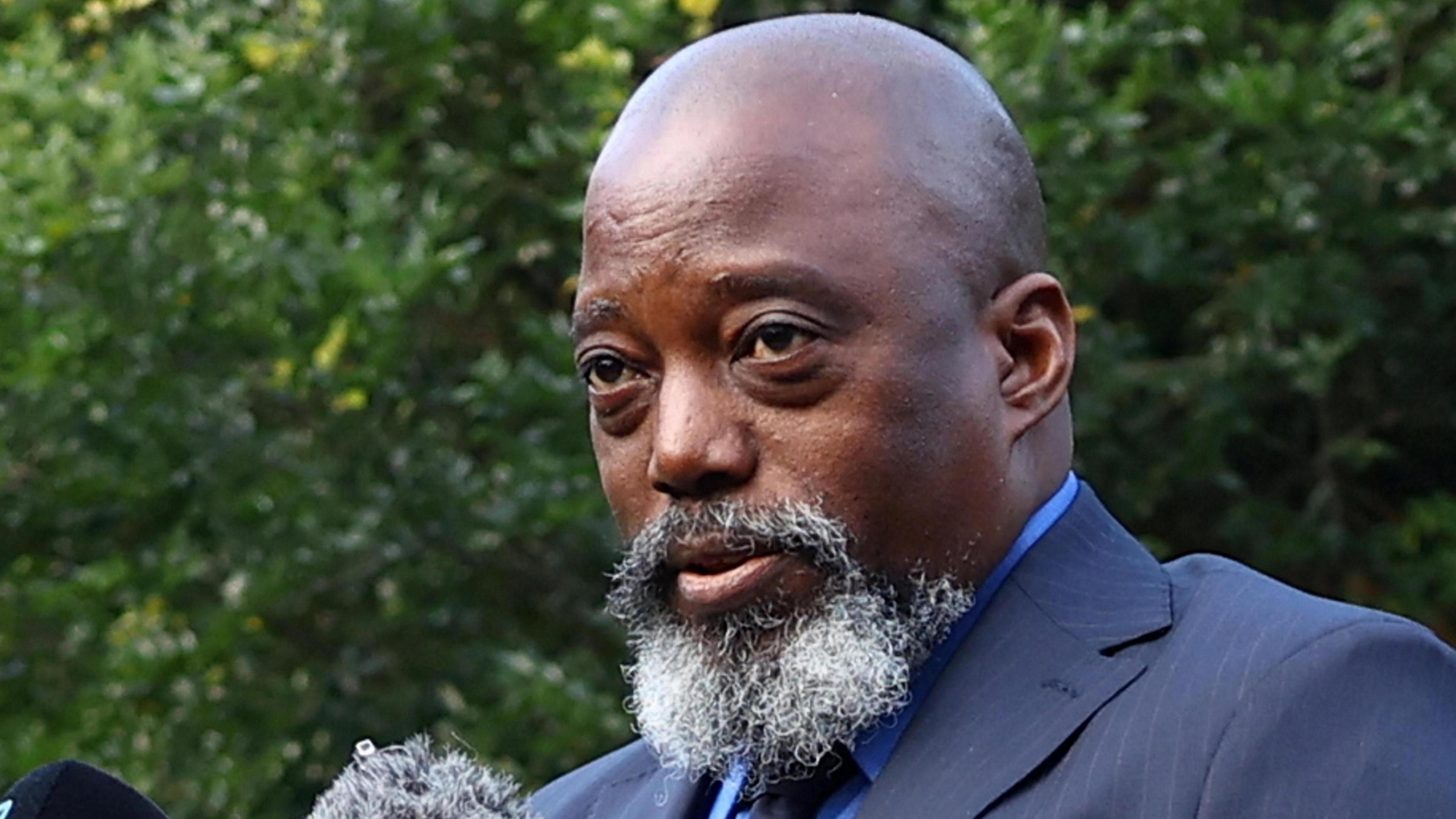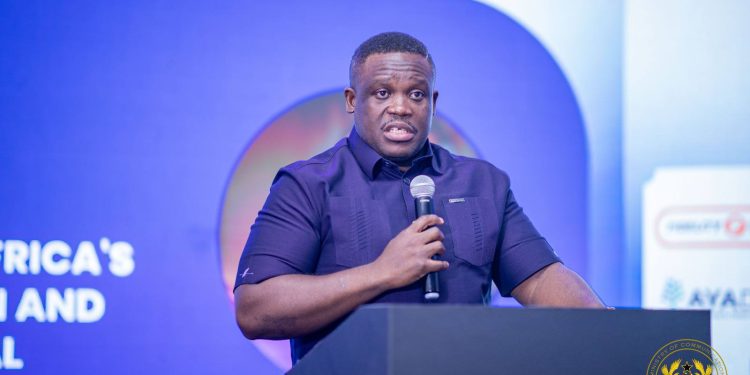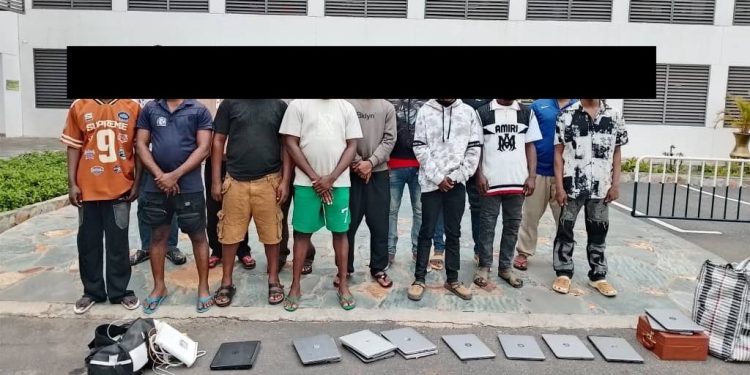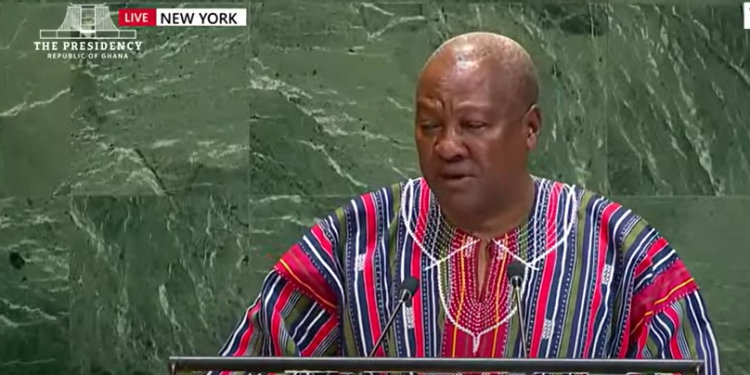President John Dramani Mahama confirmed on Friday that ECOWAS is continuing talks with Burkina Faso, Mali, and Niger, even after the trio officially exited the bloc earlier this year to form their own alliance — the Alliance of Sahel States (AES).
Speaking at the Jubilee House during a courtesy visit by Germany’s new ambassador to Ghana, Frederick Landshoft, Mahama stressed that regional cooperation is more critical than ever as West Africa grapples with rising security threats.
“The AES countries have broken away from ECOWAS, but we are engaged in continuous dialogue,” Mahama said. “We believe the difficulties they face are not theirs alone. If we do not show solidarity, the threat could easily spill over into the rest of the region.”
The president pointed to the growing menace of violent extremism and emphasized the need for shared solutions. He thanked Germany for its security partnership, especially its collaboration with the Kofi Annan International Peacekeeping Training Centre (KAIPTC).
“The partnership has been very useful in terms of training and strategic thinking,” he said. “We would like to continue that collaboration, especially now that the subregion is facing the threat of violent extremism.”
A New Bloc in the Sahel
Burkina Faso, Mali, and Niger — all recently governed by military juntas following coups — officially left ECOWAS earlier this year, citing political disagreements and a push for regional sovereignty. They formed the Alliance of Sahel States, a confederation aimed at strengthening military and economic ties.
The exit was a blow to ECOWAS, long seen as a pillar of regional stability, but Mahama is urging caution over division. Analysts say the split could further complicate the fight against terrorism, which has already taken a heavy toll in the Sahel.
Germany Reaffirms Support
Ambassador Landshoft praised Ghana’s leadership and hinted at deeper collaboration between Berlin and Accra.
“The energy of your administration is remarkable,” he said. “We share a long-standing history of cooperation, and this year marks 50 years of partnership.”
Germany, he added, is looking to expand its engagement in the region, with a focus on security, democratic governance, and economic growth.
As ECOWAS weighs its next moves, leaders like Mahama continue to call for dialogue — and a unified front in a region facing some of its toughest challenges yet.



